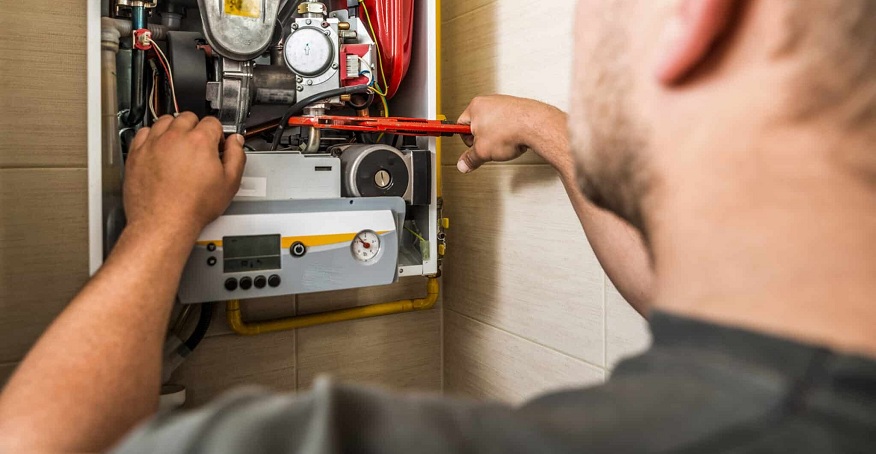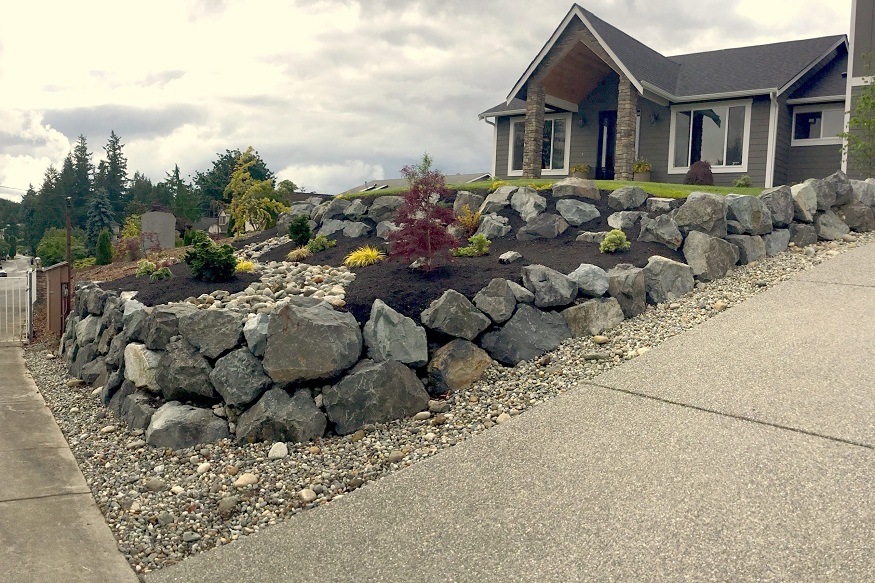
The coldest months of the year are the worst possible times to discover that your furnace is malfunctioning. It’s not just a nuisance when your furnace breaks down when you least expect it to; it may also negatively impact everyone’s comfort in your house. Luckily, we’ve compiled a quick guide to why your furnace stops working to help you understand what’s happening.
Unclean or obstructed air filters
Dust accumulation on filters can obstruct airflow, increasing the effort required for your furnace to sustain the proper temperature. A shutdown and overheating may result from this. Clean or change your air filters regularly every one to three months to guarantee ideal airflow and efficiency.
Damaged blower capacitor
When your furnace’s capacitor dies, it prevents the blower from starting, resulting in heat loss. Broken capacitors can cause a furnace to malfunction by running the blower at extremely low RPMs, and they can also prevent the furnace from starting.
Furnace maintenance specialists inspect capacitor tolerances during yearly routine maintenance calls because this is a frequent reason for heater malfunctions. If they find a problem, you can take preventative measures.
The draft inducer motor is burnt out.
The inducer motor expels gas from the heat exchanger and opens a vent for the gases produced during combustion. This fan motor may begin drawing excessive amounts of current and even burn out if dirt and grime accumulate. Alternatively, the furnace may shut off due to safety switches activating due to overheating. Calgary furnace repair can address this problemto make sure you don’t experience an unexpected malfunction in the dead of winter.
Overheating
Your furnace may turn off as a safety precaution if it overheats. Maintain free passage of air by keeping ducts and vents clear. Speak with a qualified specialist to examine and fix the issue if it continues.
Burning excessive gas
Proper calibration is essential for gas furnaces to operate at the optimal fuel consumption level. Therefore, excessive gas burning can cause overheating and premature shutdown. The technician’s calibration check during installation is critical to avoid such problems.Your HVAC specialist should ideally do a combustion analysis once a year to ensure that your gas furnace is still burning the correct quantity of gas.
Broken heater transistor
A damaged heat exchanger could be the cause of your heater’s malfunction. This issue usually lowers the energy efficiency of your appliance long before it causes a failure. However, depending on the kind of furnace, your home may leak fatal amounts of carbon monoxide (CO) gas due to a damaged heater exchanger. You must have a functional CO detector for your family’s safety, and you should permanently repair an exchanger that has broken when the technician is doing routine maintenance.
An old unit
As appliances age, they might develop several problems from normal wear and use. If your furnace is outdated and unreliable, consider replacing it with a more energy-efficient model. In the long term, newer models are not only more dependable but also more economical.
Inadequate HVAC maintenance
Finally, furnaces frequently stop functioning for no other reason than improper maintenance. Minimize dust accumulation that would otherwise hinder system functionalitythrough routine furnace maintenance.






